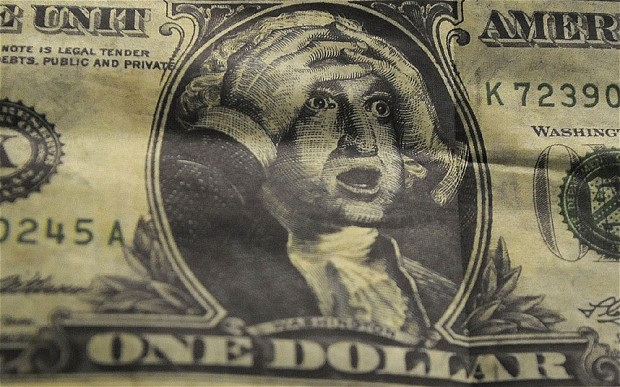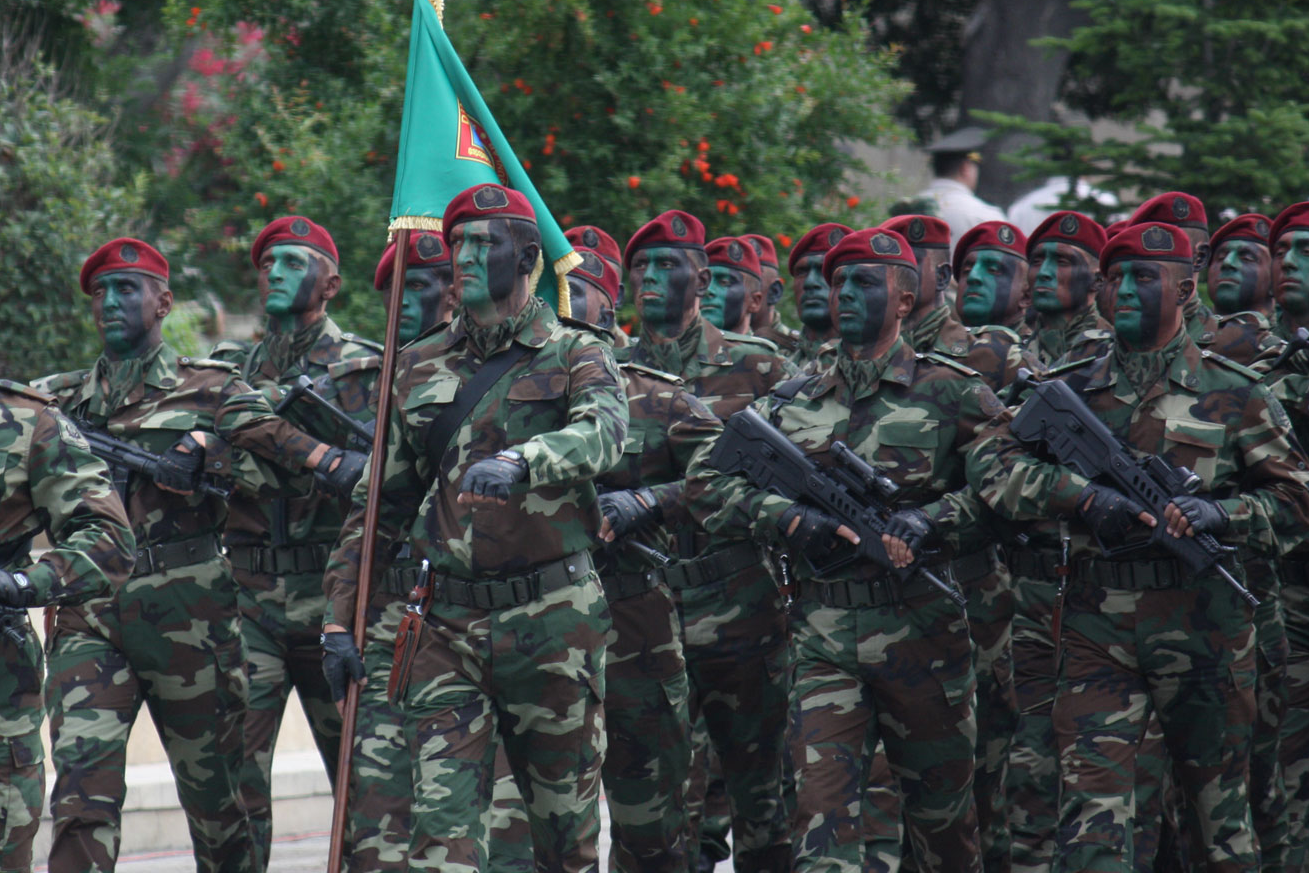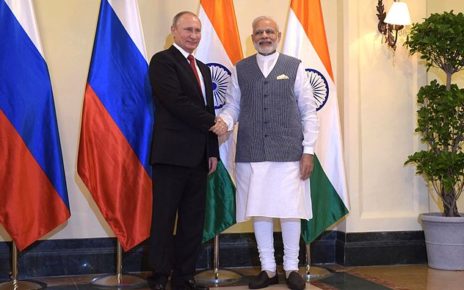[captionpix align=”right” theme=”elegant” width=”400″ imgsrc=”http://www.pacificlots.com/Portals/71316/images/Costas%20Rica%20banking%20dollar%20decline.gif” captiontext=””]
For decades the US dollar has been the world’s reserve currency, but with record deficits, quantitative easing and pressure from the BRICS countries, is the greenback going out of style?
For the past few years there have been predictions of the dollar’s losing its place as the preferred currency. Dollar detractors can point to unprecedented federal debt, trillions in quantitative easing and the rise of emerging markets as evidence of a dollar under threat. Despite these challenges, dollar champions will point to consistently low US government bond yields as evidence the dollar is still in high demand. Both positions are at least partially correct. A shift away from the dollar is inevitable, but likely to take place very slowly over the next several decades.
Since the crisis of 2008/2009, the US Federal Reserve’s policies of ‘quantitative easing’ have injected billions of dollar-denominated liquidity each month into the global and domestic economy. Quantitative easing, a modern equivalent to printing money, is the practice of a central bank’s buying financial assets to drive down interest rates. Combined with interest rates near zero, such bold moves risk expanding the monetary base beyond what is prudent, resulting in a loss of the dollar’s value.
While the Federal Reserve is apparently tampering down its intervention, the timing depends almost entirely on strong job growth. If the sequester enacted earlier this year has long-term impacts on the American economy, there may be no scaling down at all. This could lead to an expanded monetary base without the desired growth in consumer spending or investment.
Nevertheless, against a weak Euro the dollar has maintained purchasing power because it is still perceived as a safe haven from riskier currencies in a sluggish recovery climate. This would suggest markets are not quite ready to shake the status quo.
The US public deficit is also at record high, which should, in theory, threaten market confidence and depress the value of the dollar. Yet, in an interesting twist, it is also the dollar’s reputation that allows the Treasury to borrow money cheaply. For example, an investor looking to buy government bonds today is likely to be cautious and buy US Treasury bonds rather a riskier European government bond.
As a result of strong demand for US dollar debt, the interest (yield) the US government has to pay its creditors is low. If the world were to start preferring another currency, say the Yuan, the American government would find it difficult to find people to buy its bonds at affordable yields (rates). Fairly quickly they would have to find a way to pay back at least some of the 11 trillion owed.
Approximately one eighth of this debt is owed to the largest of the BRICS countries, China. Together with Russia, India, Brazil and South Africa, China is moving to challenge the dominance of the dollar in the long term. Together they plan to establish a ‘BRICS Bank’ as an alternative to the International Monetary Fund (IMF) and World Bank. Together with Brazil, China has also agreed to conduct billions of dollars worth of transactions in Real and Renminbi – decreasing their dependence on the US currency. Among other benefits, trading in their own money will reduce costs for BRICS exporters, who don’t have to contend with changing exchange rates.
Despite the promise of a BRICS Bank, it’s still too early to expect a viable alternative to US-dominated institutions like the IMF. The proposed institution has yet to take shape and appears to be struggling. The grouping has been criticized as lacking a common ideology, unlike western powers in the post-WWII environment that created the Bretton-Woods system. Even if progress on creating the bank is slow, it’s clear there is still momentum for challenging US dominance in the global economy.
Despite record deficits and asset-buying schemes by the Fed, the dollar is still seen as a stable, safe investment. Treasury bond yields remain low – proving the American currency is still the most wanted money in the world. Challenges from emerging powers in the coming decades are likely to shake the dollar’s position as the world’s currency, but for now the greenback is on top.
In the future, rather than a single currency dominating, a multi-polar world is likely to be reflected in multiple currencies emerging as global standards. This presents exchange rate risks for businesses carrying out transactions in multiple national monies. It will also complicate the nature of international finance and trade. Like the geopolitics accompanying it, the post-dollar world will be complex.




